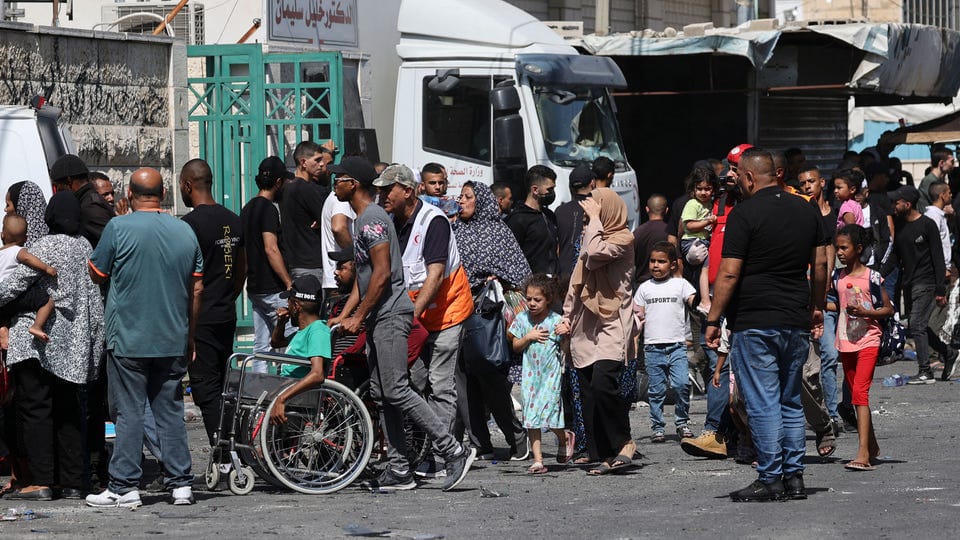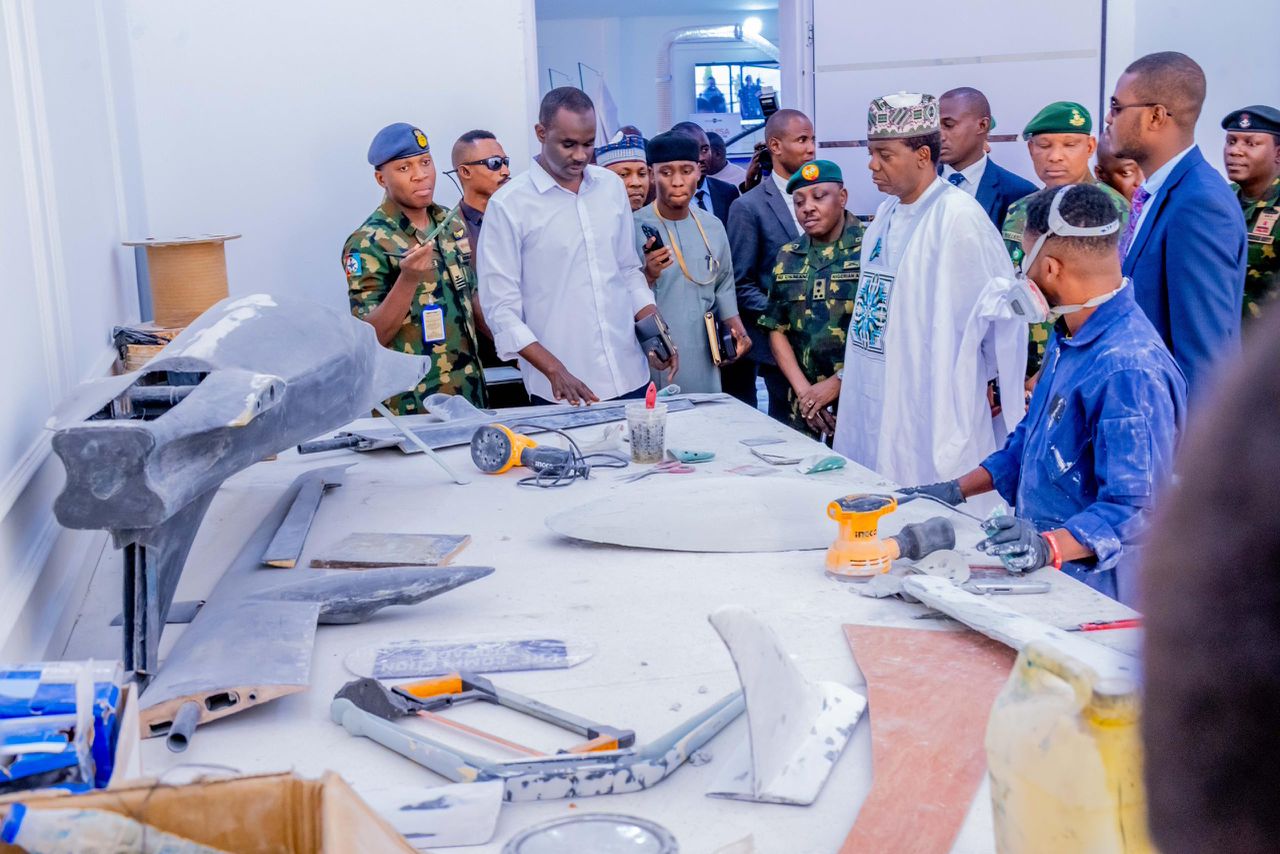Thousands of Palestinians flee as Israel’s military operation intensifies in Jenin, sparking outrage and concerns about civilian casualties.

At least eight Palestinians have lost their lives and dozens more are injured as Israel’s Defense Forces continue their large-scale operation in the densely populated Jenin refugee camp. The mission aims to dismantle terrorist infrastructure, apprehend suspects, and seize weapons used by militant groups who utilize the camp as a stronghold. The operation comes in response to escalating attacks on Israeli settlers in the West Bank, with Jenin being identified as a key source of these assaults.
A Growing Crisis: The Need For Action
Israeli Prime Minister Benjamin Netanyahu faces mounting pressure to take decisive action in light of the recent wave of violence originating from Jenin. The camp and its adjacent town have long been a point of contention between Israelis and Palestinians, with tensions reaching critical levels in the past year. Netanyahu, addressing the nation, vowed to put an end to terrorism’s stronghold in Jenin, emphasizing the necessity of the ongoing operation.
A Troubled History: The Jenin Camp’s Role In Conflict
The roots of the conflict in Jenin date back to the early 2000s during the Palestinian uprising. In response to a devastating suicide bombing during a Passover gathering that claimed 30 lives, Israel launched a major offensive in the camp. Established after the 1948-49 war between Israel and Arab nations, the UNRWA estimates the camp’s population to be around 14,000 residents, occupying an area of less than a quarter square mile.
Israel’s decision to initiate this operation stems from its perception of the Palestinian Authority’s inability to maintain peace and curb the activities of militants using Jenin as a base to plan and execute attacks on Israeli targets. In response, the Israeli army has allowed residents to leave the camp, resulting in an exodus of approximately 3,000 individuals. However, those who remain face dire conditions, with shortages of essential supplies such as food, drinking water, and milk powder, along with extensive damage to electricity and water networks due to ongoing clashes.
Political Ramifications: Calls For A Stronger Response
Political considerations may also be at play in Israel’s approach to the crisis. Influential figures within Netanyahu’s far-right government, representing West Bank settlers and their supporters, have advocated for a broader military response to address the escalating violence in the region. The shooting incident on June 20 in the Jewish settlement of Eli, which claimed four lives, has further fueled these calls for action.
Minister Itamar Ben-Gvir, Israel’s National Security Minister and an ultranationalist known for his uncompromising stance, expressed his support for the operation in Jenin, commending the soldiers involved. Meanwhile, more than 130 Palestinians have lost their lives in the West Bank this year, representing a significant escalation of violence not witnessed in nearly two decades.
Root Causes And Regional Implications

The Israeli government accuses Iran, its archenemy, of funding militant groups responsible for the ongoing violence. On the other hand, Palestinians argue that the absence of a political resolution with Israel, coupled with increased settlement construction in the West Bank and extremist settler violence supported by Netanyahu’s government, have inevitably led to this surge in hostilities.
Adding to the complexity, Islamic Jihad, a militant group with a significant presence in Jenin, has threatened to launch attacks from its stronghold in the Gaza Strip should the fighting persist. Additionally, Lebanon’s Hezbollah, known for its previous conflict with Israel in 2006, issued threats of its own, highlighting the Palestinians’ alternative means of resistance. This ongoing conflict raises concerns about regional stability and the potential for a further escalation of violence.
A Critical Crossroad For Peace
Israel’s raid on the Jenin camp marks a defining moment in the ongoing Israeli-Palestinian conflict. With thousands of Palestinians fleeing and casualties rising, the situation demands urgent attention and a concerted effort to find a peaceful resolution.
The root causes of the conflict, including political tensions, territorial disputes, and regional power dynamics, cannot be ignored. It is crucial for all parties involved to engage in meaningful dialogue, with the aim of addressing the underlying grievances and working towards a comprehensive and lasting solution.
The international community also has a role to play in fostering peace and stability in the region. Diplomatic efforts, mediation, and support for humanitarian assistance are vital in alleviating the suffering of civilians caught in the crossfire and creating an environment conducive to reconciliation.
As the situation unfolds, it is imperative to prioritize the protection of innocent lives and the respect for human rights. Both Israelis and Palestinians deserve to live in peace, security, and dignity, free from the fear of violence and the burden of conflict.
By understanding the complexities of the situation and committing to dialogue and peaceful negotiations, there is hope for a future where both Israelis and Palestinians can coexist harmoniously, embracing a shared vision of peace, stability, and prosperity.





